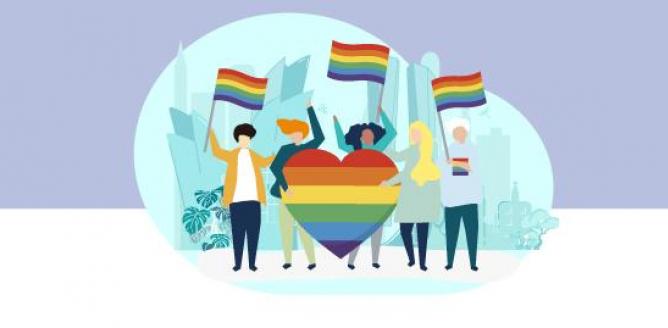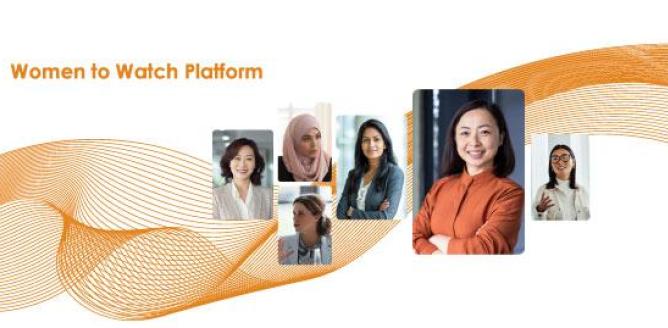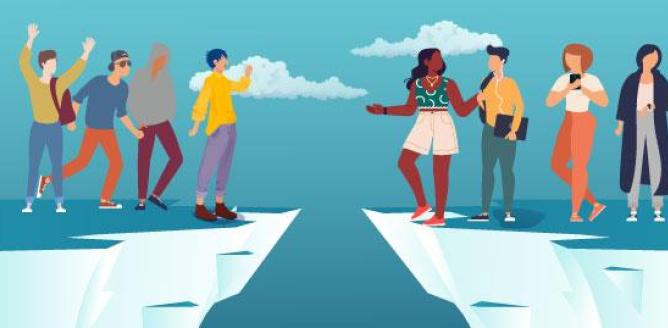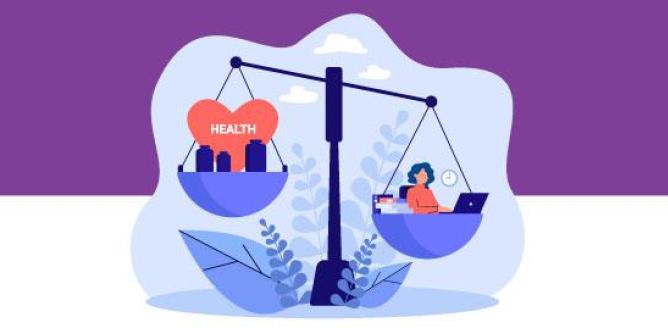“Do not compare yourself to others, come up with your own way of thinking to create a colourful and varied world.” - Jin Xing, first person in China to go public about her gender affirmation surgery
June is World Lesbian, Gay, Bisexual, Transgender and Queer plus (LGBTQ+) Pride Month, a time to celebrate diversity and promote equality, but also recognise how widespread discrimination remains. The issue has a high profile in Asia right now. Taiwan legalised same-sex marriage in 2019, and while Thailand looked set to become the second economy in Asia to recognise same-sex partnerships, its 2020 Civil Partnerships Bill is facing opposition. A court in Japan recently ruled it’s ‘unconstitutional’ to ban same-sex marriage.
Individuals are also making an impact. Luxury brand Dior chose Jin Xing, China’s first celebrity transgender personality, to front their new fragrance campaign, demonstrating confidence in wider acceptance of sexual minorities. Vietnam’s first openly gay candidate is running for a National Assembly seat.
Role models are important because discrimination is damaging. People who identify as LGBT+ are more likely to report depression and suicidal thoughts, often aggravated by stigma, discrimination or social isolation they experience. Most LGBT women in the financial sector hide their sexuality at work, citing fear of discrimination and a ‘double glass ceiling’. Globally, LGBT+ leaders spend up to 10% of their productivity hiding their sexual identity.
Hong Kong lags behind other international cities at work and in society. Despite broad support, there is no legislation comprehensively protecting individuals against discrimination based on sexual orientation and gender identity.
At TWF, we focus on improving the lives of women and girls and this must include diverse voices from the community. Gender equality must incorporate voices from all genders and all sexual identities. But the conversation must be wider encompassing race, ability, religious affiliation and other factors with sexual orientation and gender identities because for many people, particularly those who identify as women, this can mean double or triple layers of discrimination.
We advocate for anti-discrimination legislation for the LGBT+ community. Our Male Allies Initiative helps participants inclusively champion change and encourage others do the same. The curriculum focuses on supporting those that identify as women, but these skills are transferrable across all areas of allyship. This is only one example of where we look to build an ecosystem of individuals who feel equipped, knowledgeable and ready to take action to advance gender equality and create a more inclusive workplace, home space and city for all genders.
While we celebrate the richness of diversity and talent in the LGBT+ community, let’s actively engage in allyship. At work, learn about issues LGBT+ colleagues face, build safe spaces for dialogue and openly support LGBT+ networks or Diversity, Equity and Inclusion networks. In wider society, there are many ways to be an ally. Let’s challenge discrimination and work for equality for all.
Get in touch at Fiona.Nott@twfhk.org.





















